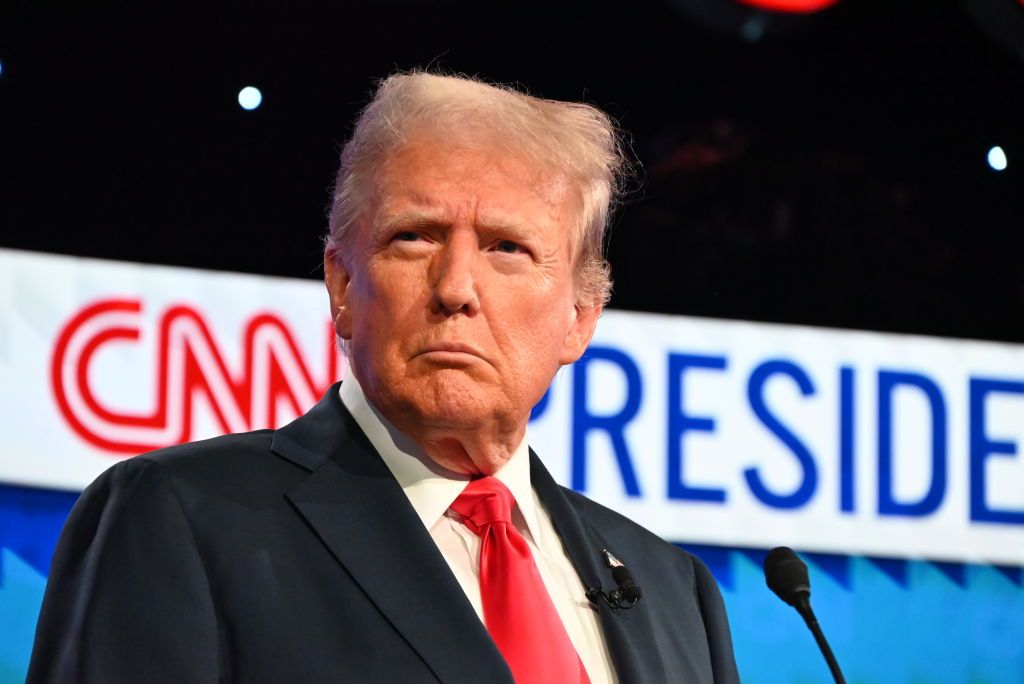In a recent interview on Elon Musk’s social media site X, former President Donald Trump made controversial statements regarding Russia’s invasion of Ukraine. Trump suggested that Russia would not have invaded Ukraine if Joe Biden were not in office, implying that Putin would not have taken such actions under his presidency. Musk agreed with Trump’s point, showcasing a level of support for his perspective. The interview was delayed due to technical issues caused by a DDOS attack on the platform, but eventually continued with a smaller audience. Throughout the interview, Trump expressed his familiarity with Putin and North Korea’s Kim Jong Un, stating that he had advised Putin against invading Ukraine, claiming that he had a strong relationship with the Russian President.
Trump’s comments on the Ukraine situation highlight the ongoing tensions between Russia and the United States, as well as the complex dynamics at play in international relations. The former President’s claim that he had personally advised Putin against invading Ukraine raises questions about the effectiveness of diplomatic interventions and the extent to which personal relationships between world leaders can impact major geopolitical decisions. Additionally, the fact that Musk, a prominent figure in the tech industry, was hosting the interview adds another layer of complexity to the discussion, showcasing the intersection of technology, politics, and media in shaping public discourse.
The controversy surrounding Trump’s statements on Ukraine underscores the broader political divide within the United States and the polarizing nature of his presidency. Trump’s assertions about his relationship with Putin and his alleged influence over Russian policies may spark debate and criticism from both supporters and detractors, fueling further speculation about his actions and motivations during his time in office. The fact that the interview took place on a social media platform owned by Musk, a figure known for his innovative approach to technology and business, also raises questions about the role of technology in shaping political narratives and influencing public opinion.
The delayed and disrupted nature of the interview due to technical issues highlights the vulnerabilities of online communication platforms and the potential for external interference. The DDOS attack on X, which disrupted the interview and prevented many users from accessing the conversation, serves as a reminder of the cyber threats faced by digital platforms in the modern era. The ability of malicious actors to disrupt online events and manipulate information underscores the importance of cybersecurity measures and the need for vigilance in protecting digital communication channels from external attacks.
Overall, Trump’s statements on Ukraine, made during the interview on Musk’s social media platform, shed light on the complexities of international relations, the impact of personal relationships between world leaders, and the role of technology in shaping political discourse. The controversial nature of Trump’s comments, the technical difficulties faced during the interview, and the broader implications for online communication highlight the interconnected and complex nature of modern media and political interactions. As the world continues to grapple with evolving geopolitical challenges and technological advancements, the intersection of politics, technology, and media will remain a key area of interest and debate for academics, policymakers, and the public at large.


